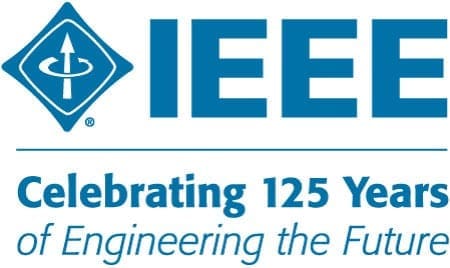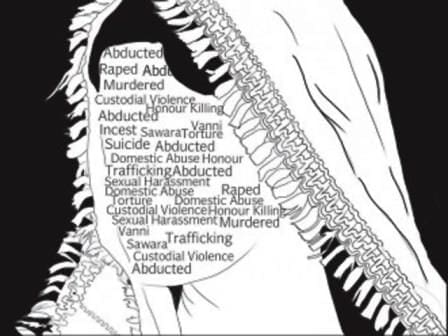
It all starts when Trump proclaims HCQ to be a miracle drug for COVID-19…
Fast forward, and almost every country is prescribing it for prophylaxis, treatment, and a large number of studies are going on for its effectiveness until a paper is published in Lancet on 22 May 2020 which states, “the use of a regimen containing hydroxychloroquine or chloroquine (with or without a macrolide) was associated with no evidence of benefit, but instead was associated with an increase in the risk of ventricular arrhythmias and a greater hazard for in-hospital death with COVID-19. These findings suggest that these drug regimens should not be used outside of clinical trials, and urgent confirmation from randomized clinical trials is needed.”
Another paper was published in NEJM (New England Journal of Medicine), on May 1. The common connection link between them is three authors and ‘Surgisphere’ (American healthcare data analytics company).
One may argue that there’s nothing wrong with this until they notice the irregularities and possible fabrication of data, and this was noticed by hundreds of researchers, and they asked for an independent review of data.
To no one’s surprise, the authors did not accept the request to make the data public; let’s have a look at some of the irregularities pointed out by researchers:
According to the paper, there were 600 positive patients and 73 deaths from 5 hospitals in Australia as of April 21, but according to John Hopkins, there were only 67 deaths till April 23.
The paper was accepted in an extremely short period of time for the size of participants and the amount of data, that’s quite a speed for a peer-reviewed journal.
You may ask how is this related to NEJM, well the fact is the data used was provided by Surgisphere, which was founded by Sapan Desai (one of the co-authors of both the papers in question), and in this case too, they refused to provide any data.
Hence both the papers were retracted, but if you see the overall impact of this, it’s huge, WHO without any reviewing of the paper suspended all HCQ trials.
ICMR, too, published a paper in IJMR (Indian Journal of Medical Research) stating, “Consumption of four or more maintenance doses of HCQ was associated with a significant decline in the odds of getting infected; a dose-response relationship existed between the frequency of exposure to HCQ and such reductions. In addition, the use of PPE was independently associated with the reduction in odds of getting infected with SARS-CoV-2. Until the results of clinical trials for HCQ prophylaxis become available, this study provides actionable information for policymakers to protect HCWs at the forefront of COVID-19 response. The public health message of sustained intake of HCQ prophylaxis as well as appropriate PPE use need to be considered in conjunction with risk homeostasis operating at individual levels.”
So, what do we learn from all this mess?
Blindly accepting the paper published by Lancet without reviewing proved quite disastrous; if ICMR’s study is to be believed, then the prophylactic use of HCQ might have helped a lot when time is of utmost importance, and suspending the trials just wasted a lot of time.
One should learn to at least review if not question any claims given by even reputed journals and in current times even WHO’s claims. This does not mean to disregard anything and everything, but to review the claims instead of blindly accepting.
All these are observational studies; one should keep in mind that this shouldn’t be considered as a fact, as more and more data comes, what’s true today might be false tomorrow.
You may ask you don’t understand all this, so what should you do in that case? Well, in that case, it’s best to follow the guidelines and precautions given by your local, state, and central government.




Be the first to comment